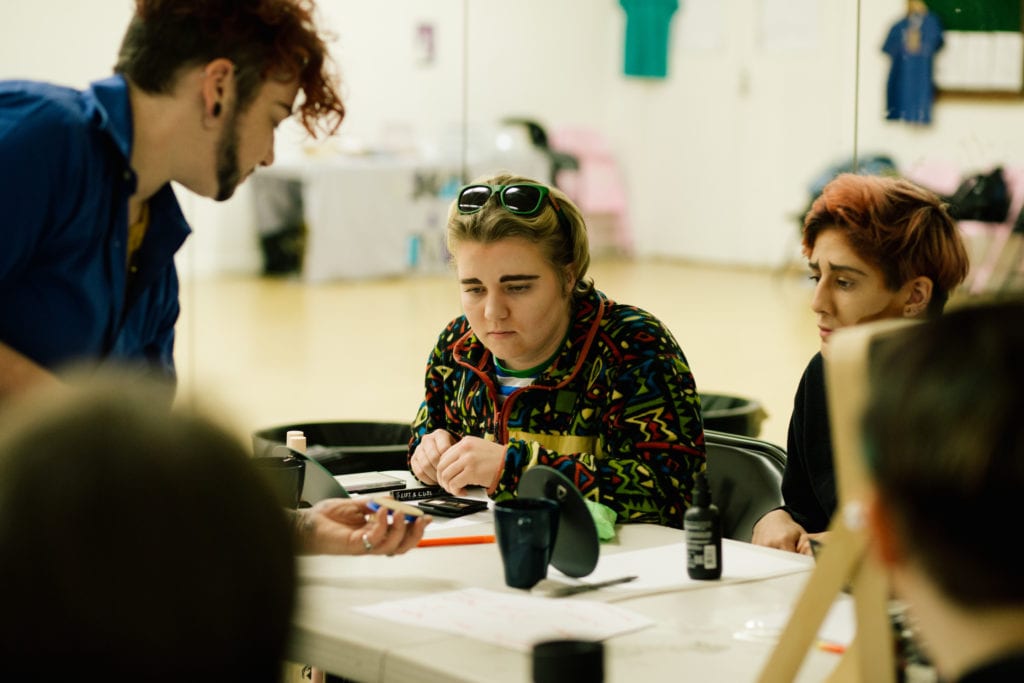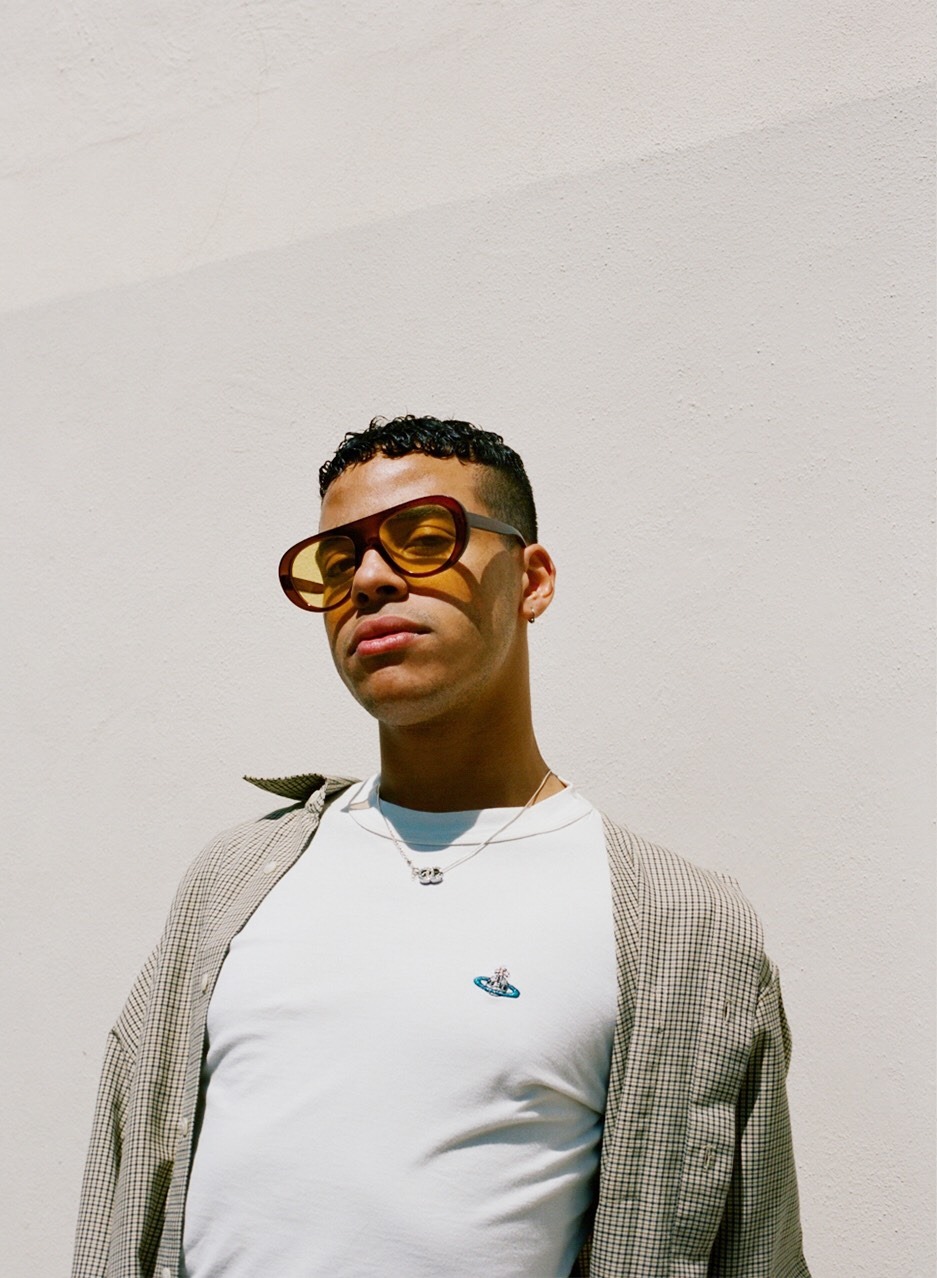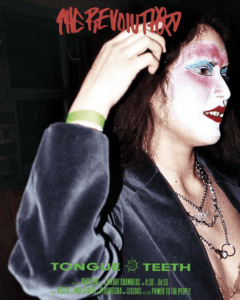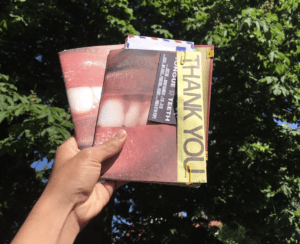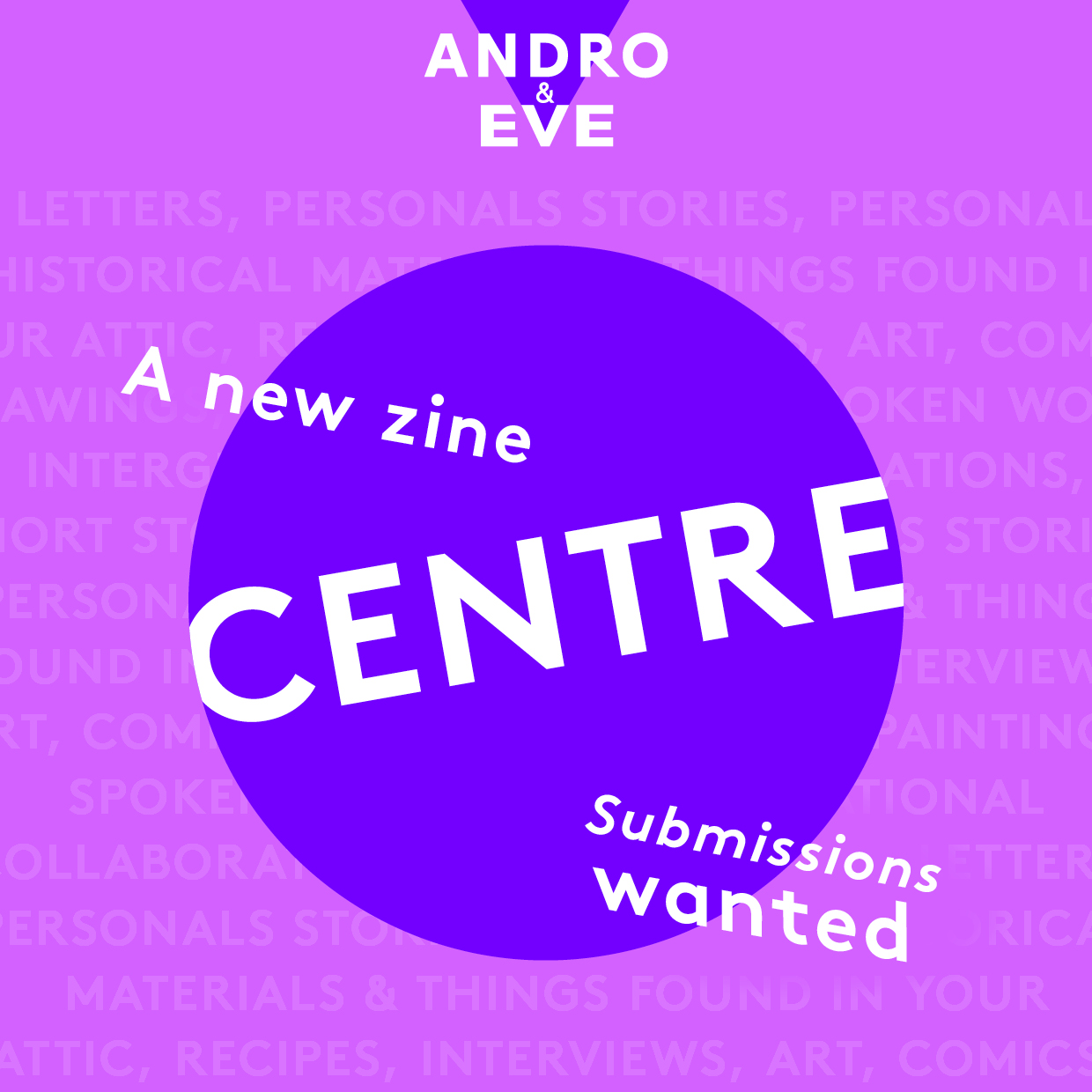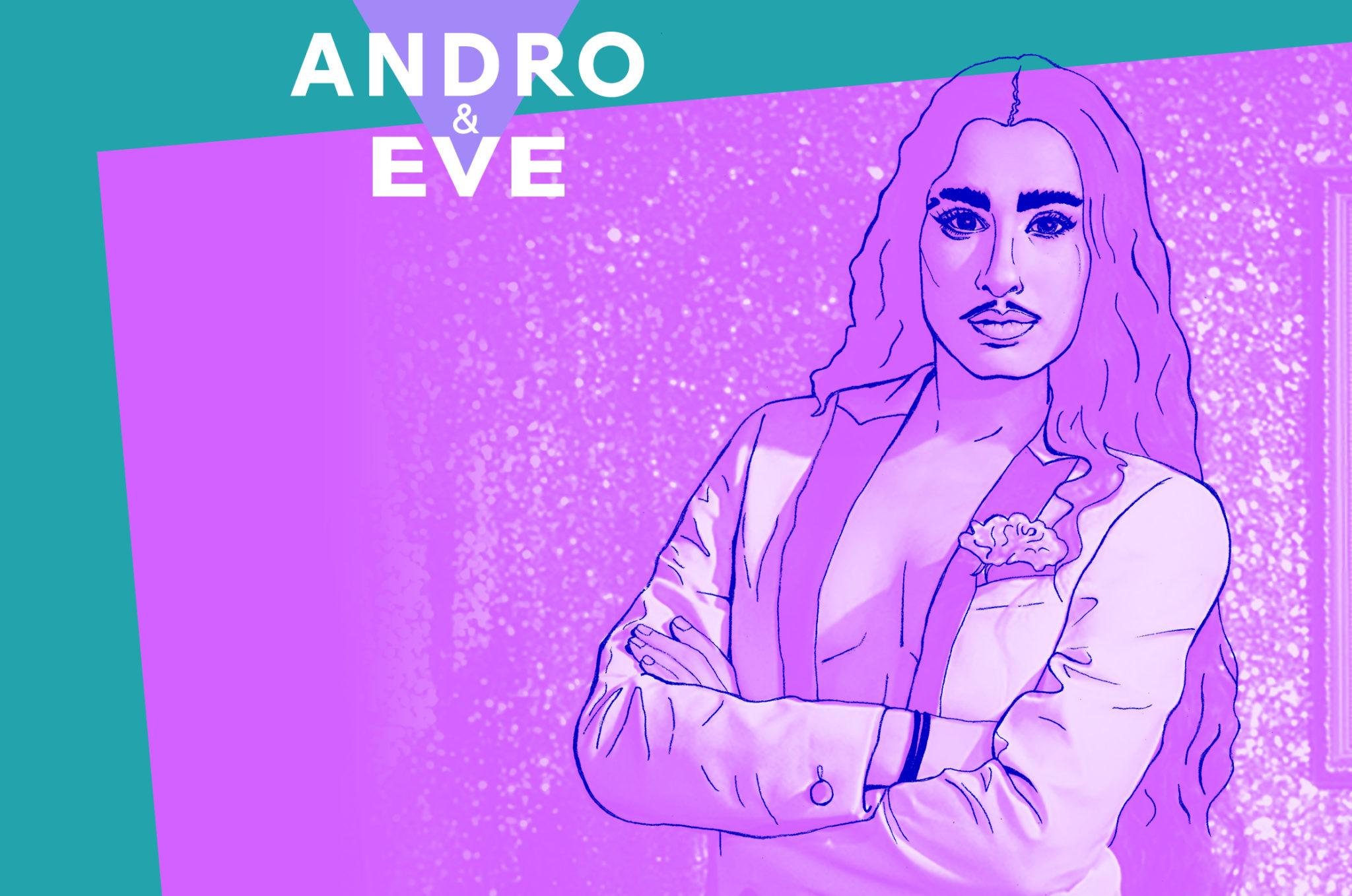What exactly is a zine? As the Zine (pronounced zeen) becomes more and more a part of mainstream art and culture, and ahead of our new Zine, CENTRE, we decided it was well worth answering the question many of you may have been pondering quietly, but never dared ask aloud: “Just what exactly is a Zine?”
Is it a cheap way of displaying and disseminating art, a vehicle for the distribution of political ideas, maybe a glossy collection of photos in a trendy indie bookshop, or perhaps an important format of 20th and 21st century art? Are they handmade, each one unique, printed in small circulation or in bulk quantities? Are they ‘high-art’ or punk?
The not so simple answer, (you’ll be pleased to know) is nowadays people use ‘Zine’ to refer to any, and all of the above. This may seem like a bit of a contradiction, and that’s because it very much is.
In order to understand this contradiction, it’s helpful to have a very brief history of Zine-making. It’s hard to pinpoint a particular time or instance of The First Zine, but there are a few pretty good examples throughout the 20th century of the format, for instance, Sci-fi fan literature and ‘fanzines’ from the 1930s onwards. Fans of existing Sci-fi literature used the format to discuss published stories and share theories/fanfiction amongst themselves, bypassing the need for controlling or selective editors and publishers.
The format also became popular amongst hardcore fans of different music genres, including Rock ‘n Roll, Punk, and paving the way for commercially successful publications like Dazed, Vice, and NME. Latterly Zines were used as a way of disseminating political ideas and organising political thought, like the Queercore and the Riot Grrrl movement of the 80s/90s. These zines were characterised by a Do-It-Yourself aesthetic, and at their root was a desire to centre marginalised voices (although Riot Grrrl as a movement was fairly white and heteronormative), to subvert and challenge unequal power structures, and to foster a sense of community in shared experiences. (woo)
Unfortunately as with most things, as the Zine has become increasingly popular, it has also begun to be appropriated by corporations. (boo) For example, that expensive glossy photo-book in the trendy indie bookshop that we mentioned earlier. The Zine DIY aesthetic is also one that corporations have attempted to appropriate. Despite this, and the introduction of the internet, the Zine as a physical object, continues to be an important format for contemporary activists and creatives.
So what content actually goes into a zine then?
So we’ve covered where Zine’s come from, now what’s in them…This time the answer is pretty simple…anything goes! Just some examples of things might be; stories, poetry, prose, collage, photos, drawings, visual art, recipes, scanned objects/items, song lyrics, reviews, letters, articles, research, infographics, political manifestos…the list goes on!
Feeling intrigued and inspired? Check out our open submission to have your work printed in CENTRE Zine in collaboration with RACE ZINE and Okocha Obasi.
Image credit: Race Zine, 2019, courtesy of the artist, Okocha Obasi.
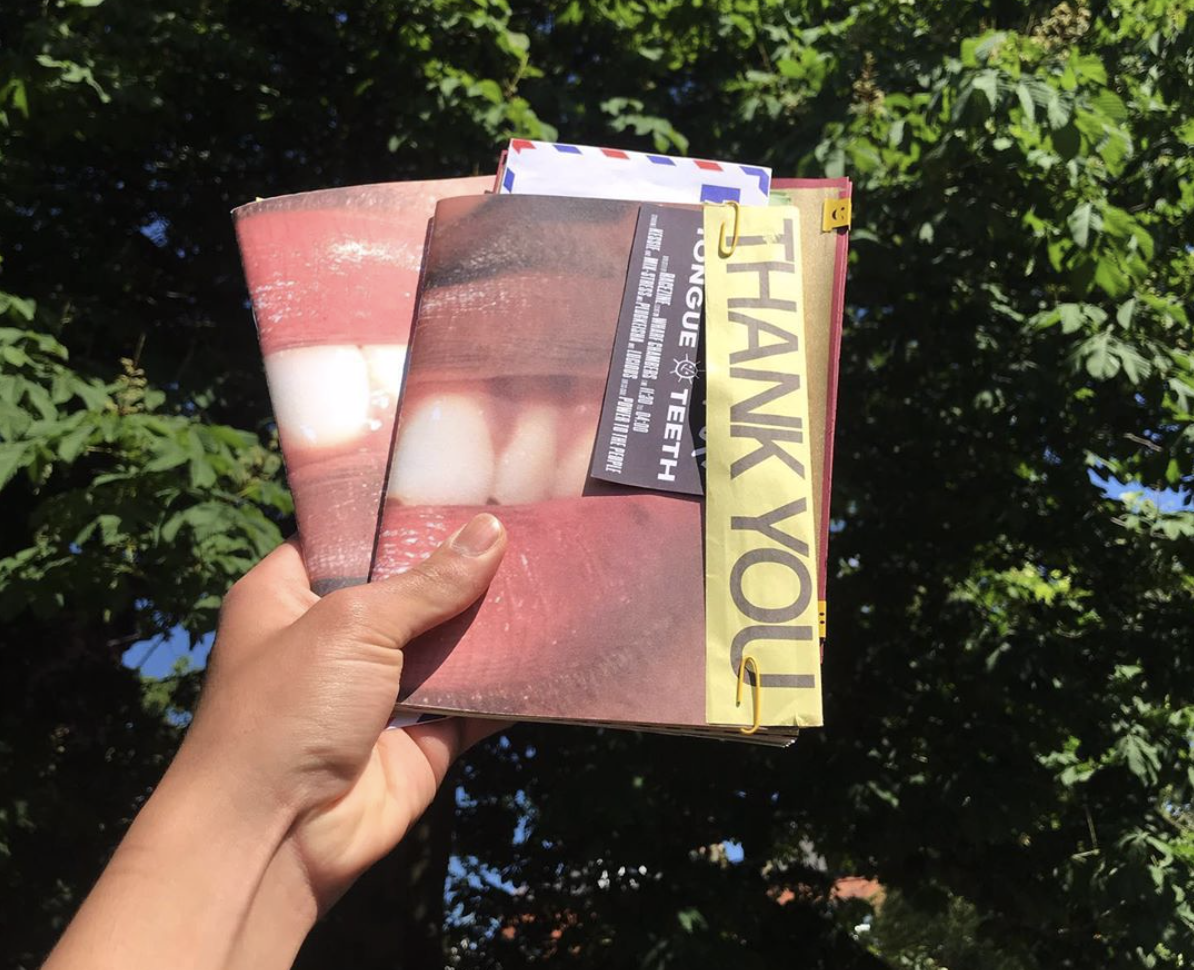
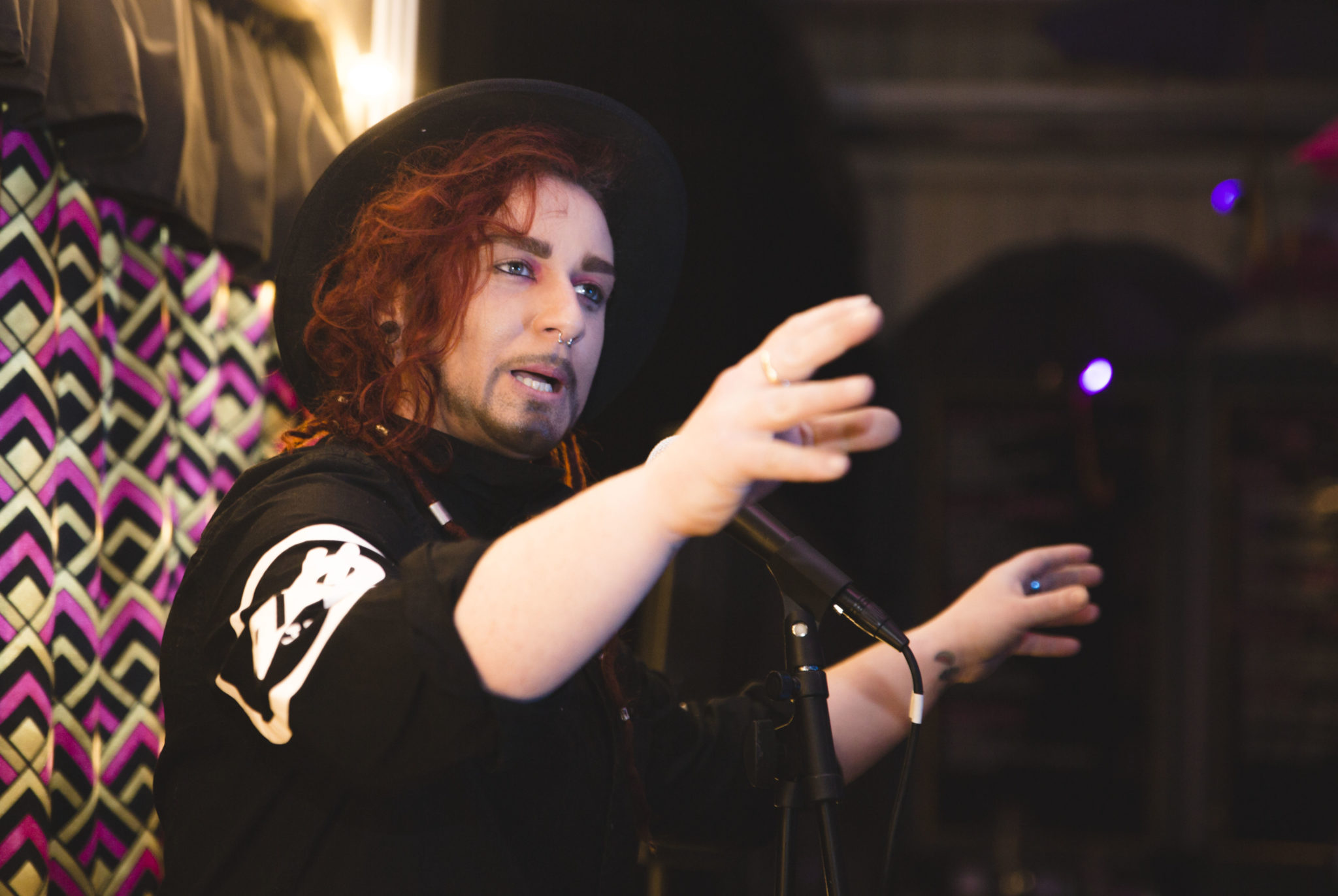

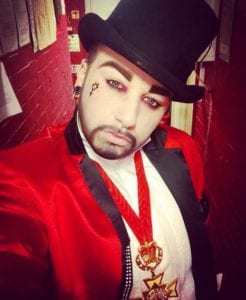 Q. What got you into drag / cabaret and what do you like best about it?
Q. What got you into drag / cabaret and what do you like best about it?